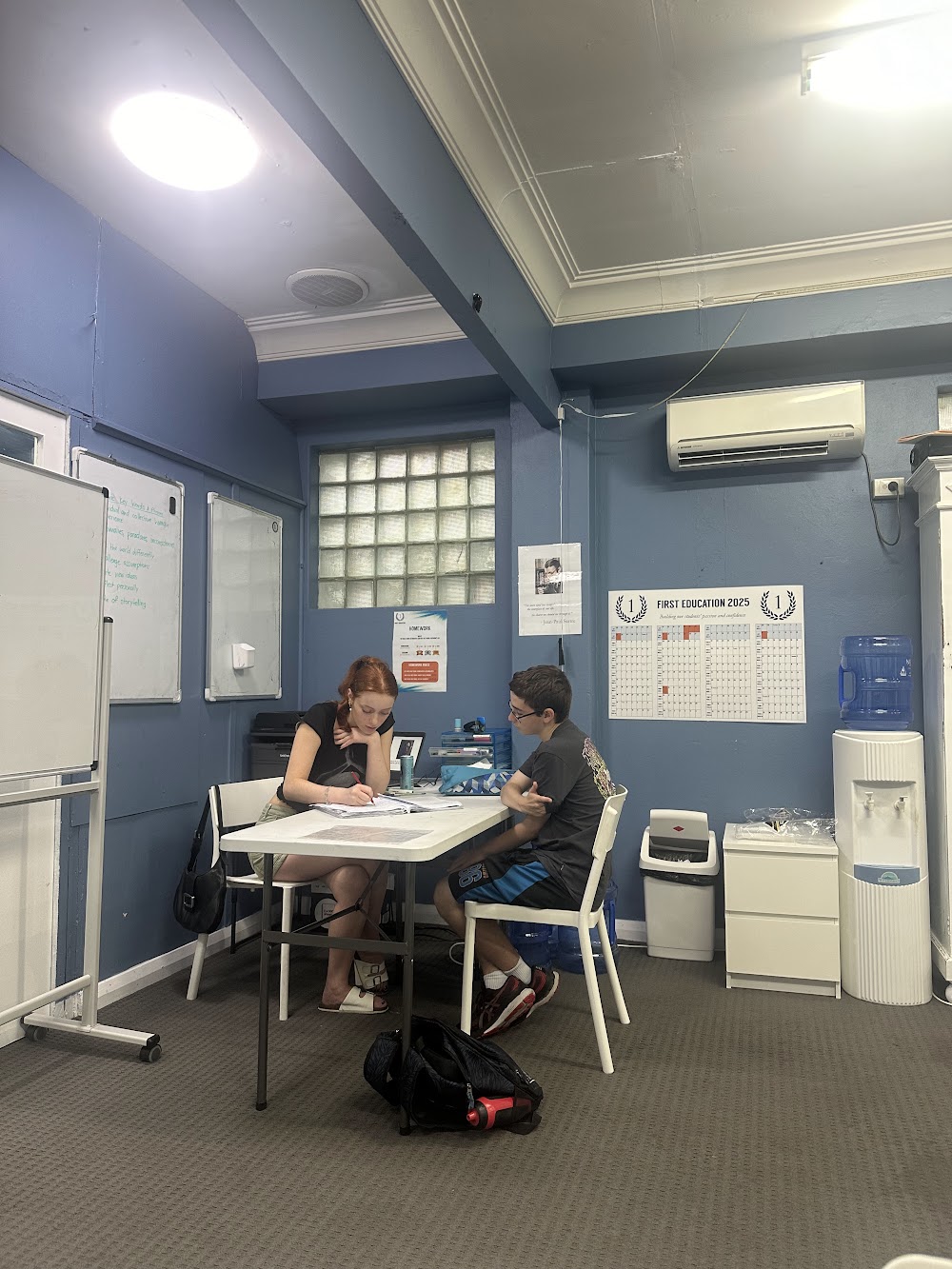
Today, I observed Demi working with Aiden, a Year 12 student, on the HSC module Texts and Human Experiences. The session focused on text analysis and answering questions using the TEEL structure, offering valuable insights into structuring effective tutoring sessions for senior students.
Demi began by guiding Aiden through an analysis of the text, ensuring he could identify key themes, techniques, and ideas relevant to the module. Her questions encouraged Aiden to think critically about the text and its connection to human experiences, fostering deeper engagement with the material. This collaborative approach laid a solid foundation for planning a coherent and structured response.
Together, they planned the response to a practice question, mapping out ideas within the TEEL framework. Demi emphasised the importance of balancing textual evidence with insightful analysis, helping Aiden see how each paragraph could logically build on the previous one. Her step-by-step guidance demystified the writing process and boosted Aiden’s confidence as he transitioned to writing independently.
After Aiden completed his response, Demi ensured there was time for interactive feedback. They reviewed his answer together, discussing strengths and areas for improvement. Demi’s feedback was clear and constructive, highlighting what Aiden had done well while providing actionable advice for refining his argument, improving clarity, and strengthening textual evidence.
What stood out was Demi’s ability to make the session collaborative and interactive. By involving Aiden in every step, from analysis to planning to reflection, she empowered him to take ownership of his learning while still offering expert guidance.
This session highlighted the importance of combining collaborative planning, independent practice, and reflective feedback. Demi’s approach effectively balanced structure with autonomy, a strategy I hope to emulate in my own tutoring sessions.
Demetria Koutavas

